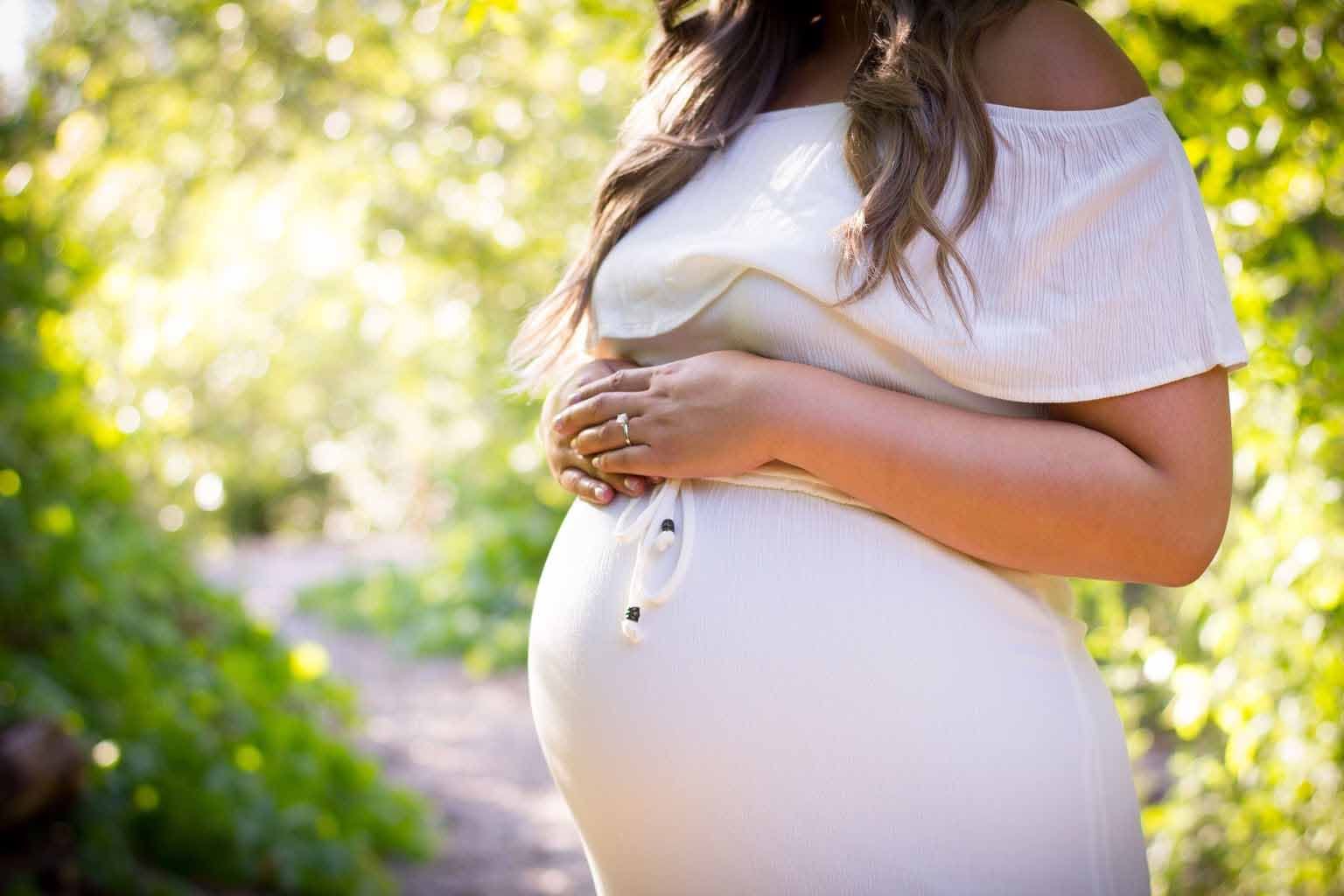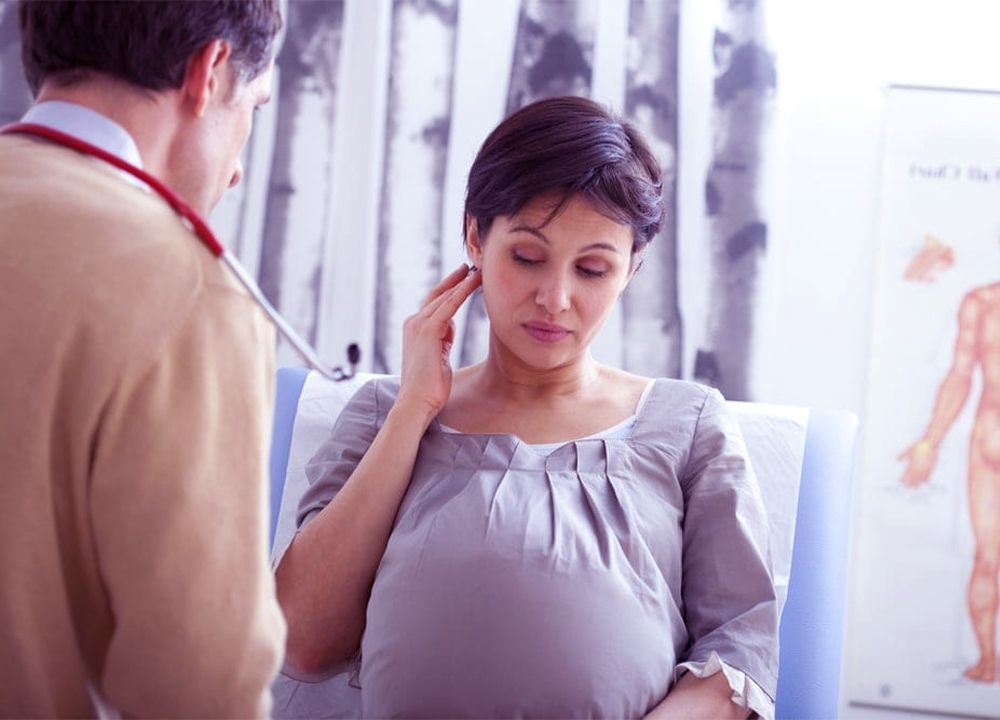Pregnancy is hard, but most women get through it all right. Mostly, at the end of the labor, you’ll have a happy, healthy baby. But, that doesn’t always happen, and some rare pregnancy complications might put you in danger. While these are quite rare and will not necessarily happen to you, it’s always good to keep informed of these things.
Yes, you can just have the normal stuff, like morning sickness and aches and pains, but it has the potential to get more serious than that. Don’t go into this without knowing your ropes. You never know when the knowledge will come in handy. So what are some of the rare pregnancy complications you need to know about?
List of Rare Pregnancy Complications
Here is a list of some rare pregnancy complications that you should know of.
1. Chlamydia
Chlamydia is a sexually transmitted disease that is treatable with antibiotics. It’s especially important to get tested when you first find out you’re pregnant, especially if you’ve had multiple partners or your partner has had multiple partners recently. If chlamydia goes untreated during your pregnancy, there’s a risk of the fetus developing it as well. Usually, it doesn’t come with too many symptoms, maybe a bit of pain and discharge. However, you should get it looked at asap if you or your partner are showing symptoms.
2. Pica
You might not believe this one, but pica is a known disorder outside of pregnancy as well. Forget about your regular cravings, like chocolate and fruit, pica pregnancy cravings will make you want to eat things that aren’t meant to be consumed, like chalk, toilet paper, dirt, detergent, and so on. This can be an embarrassment for many women, and often isn’t detected until women are admitted for stomach trouble or malnutrition. This is partly a psychological problem so it also needs that approach to cure, but sometimes these habits can continue after the baby is born.
3. Hyperemesis Gravidarum (HG)
You might’ve heard about HG when there was all that news about Kate Middleton having it. It’s quite rare in pregnant women, but it can be quite hard to handle. Morning sickness is something most women learn to deal with, but with HG you experience severe nausea and throwing up, headaches, weight loss, etc. This might also come with increased levels of anxiety and depression. While the symptoms can often be managed, it can be a very difficult thing to have to deal with.
 Rare Pregnancy Complications
Rare Pregnancy Complications4. Molar Pregnancy
This is a rare condition and can be quite hard to deal with emotionally. Abnormal tissue growth in the uterus has the same growth rate as a fetus; the ‘pregnancy’ can be complete (there is no baby, only a placenta, and a sperm fertilizes an empty egg) or partial (there is an embryo with birth defects, which will be taken over by the abnormal tissue). Usually, the molar pregnancy will just end on its own, but it can be devastating for the family.
5. Twin to Twin Transfusion Syndrome (TTTS)
Twin to Twin Transfusion Syndrome might be a risk if you’re carrying identical twins or a greater number who have a common placenta. There is an unequal distribution of blood flow between the embryos and earlier, this would have resulted in death for both babies, but new technologies are better equipped to handle this. You might have symptoms like sudden increases in weight and swelling in your hands and legs.
6. Vasa Previa
This is a complication that happens when fetal blood vessels (from the placenta) are in front of the birth canal. As long as this is diagnosed in time, everything will probably be fine, although the mother might need to be hospitalized before labor and the baby might need to be given steroids to help its lungs.
7. Placenta accreta
This isn’t that common but is becoming a bit more common these days. The placenta sticks to the uterine wall and can cause a lot of bleeding after the delivery is over (normally, the placenta is delivered too). It might be more likely that you’ll suffer from this if you’ve had a C-section before. It might necessitate a C-section this time, and, in serious cases, a hysterectomy.
 Rare Pregnancy Complications
Rare Pregnancy ComplicationsGenerally, most women won’t have to deal with additional problems like these, and healthcare is pretty good nowadays, so you’re likely to get the treatment you need. However, you should always keep an eye out for rare pregnancy complications.

